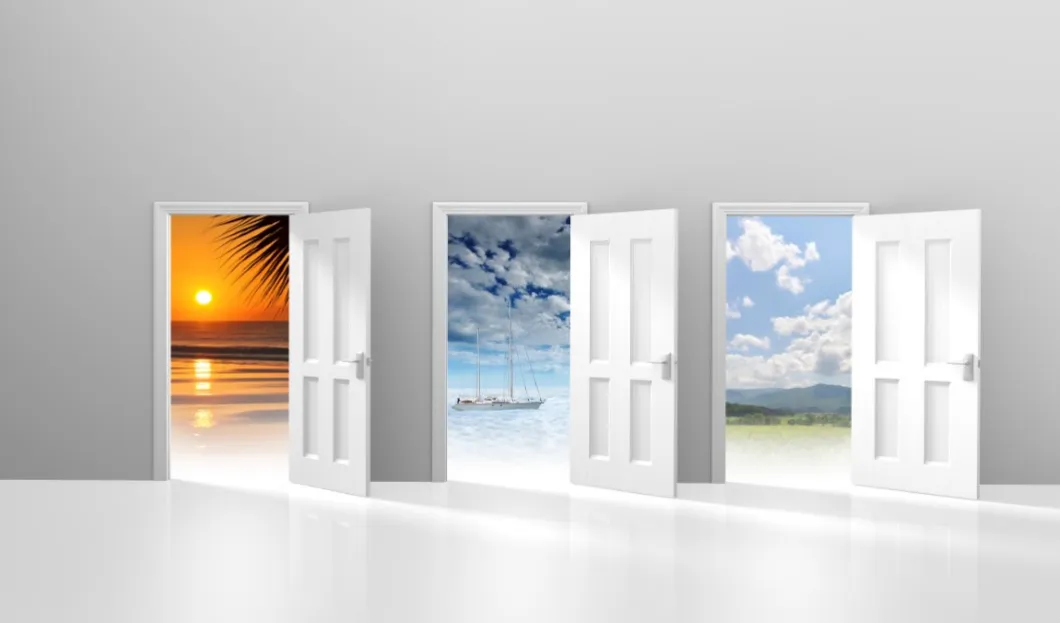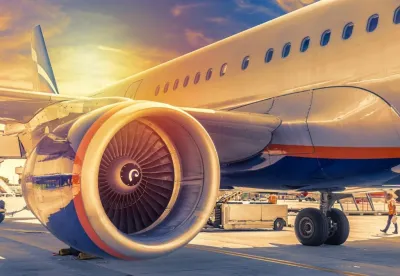
An eDreams survey of 10,000 travelers across Europe concludes that tourists believe that new technologies could change the way we travel.
Domestic tourists fly high when dreaming of traveling in the coming years: 51% believe that it will be possible to travel to space, 15% expect to be able to travel in Hyperloop, teleport or choose the weather of their destination, and the remaining 10% see it feasible to travel in time. These are the views of people regarding the future of travel.
Regarding the transport methods that we currently use, such as the plane, travelers are clear about the new services and the benefits they would ask for future devices, so 58% would opt for Wi-Fi and free streaming services on the flight to enjoy their favorite series and movies without limits. The wish-list is completed by supersonic airplanes (53%), electric airplanes or access to beds to travel comfortably in all classes (39%), and distribution of food from different restaurants onboard or open spaces such as movie theaters and game rooms (35%).
Other technological advances that travelers predict in the future are, for example, the use of state-of-the-art electronic devices (76%) to store travel memories, beyond the classic photos (12%).
If they had the opportunity to enjoy a new service in the future, 57% of travelers would vote for global facial recognition at airports to speed up entry procedures, such as avoiding the need for a passport. 33% would like to have personalized guides to their holiday destinations, supported by augmented reality and ad hoc recommendations. Another service that has piqued the interest of those polled has been the use of 3D printers in accommodations to print clothes and other objects (30%) and democratization of robots as traveling companions in charge of planning and other travel-related details (28%).
About 60% of tourists believe that the future of travel will not mean lower prices – holidays will continue to cost the same or slightly less than now. Within the group of travelers who consider that traveling will be cheaper, 62% agree that new technologies should have the power to democratize travel plans even more, while 75% believe that low-cost fares will gain ground and will be even more popular all over the world.
As for the most important technological advances of the next two decades, men believe Hyperloop is more likely (21%), while women lean towards teleportation (17%). On the other hand, in terms of the evolution of airplanes, as we know them, 58% of women would opt for Wi-Fi and free onboard streaming, while men would like to try supersonic devices (61%). Finally, both genders agree that the technological advancement that most interests them is facial recognition implementation at airports to save time in queues (58% men vs. 56% women).
By age, millennials have higher hopes that travel will be cheaper in the next two decades compared to Baby Boomers (32% vs. 27%). In this sense, younger travelers are the ones who have more faith in this change taking place thanks to technological advances (73% vs. 57%). However, both generations believe equally that traveling to space will be possible in the near future (53%). In turn, facial recognition to avoid lengthy queues is also the most anticipated advance (56% vs. 67%).

Compared to the rest of European travelers, the Portuguese are the ones with the highest hopes that travel will be cheaper in the next 20 years (48%), with the Italians (29%) and Spaniards (25%) following. On the other hand, Swedes (60%) are the most pessimistic along with Germans (59%) and Americans (55%). As for upcoming technological advances, all nationalities agree that the most feasible event will be traveling to space, although Americans (46%) and Swedes (10%) expect time travel will happen in the next decades, the Portuguese (14%) in being able to teleport, the English (15%), Germans (24%) and Italians (17%) in choosing the weather, and the French (14%) and Spaniards (15%) on Hyperloop travel.










